“Most people remember Breaking2 as a spectacle. Three runners, pacers, big crowds, and a race track in Italy, trying to break one of the last great thresholds in sport. But it started years earlier, humbly, on a whiteboard,” says Brett Kirby, a Human Performance Researcher at the Nike Science Research Lab (NSRL) who quarterbacked the project.
Kirby, a self-described academic, holds a Ph.D. in Biomedical Sciences and taught at both Duke and University of Oregon, before his current tenure at Nike. He studies the physiology of the world’s best athletes–how cardio, neurological, and muscular systems work together. “It’s a blend of art and science,” he explains. “A holistic view of athletes, helping them progress to the best of their ability.”
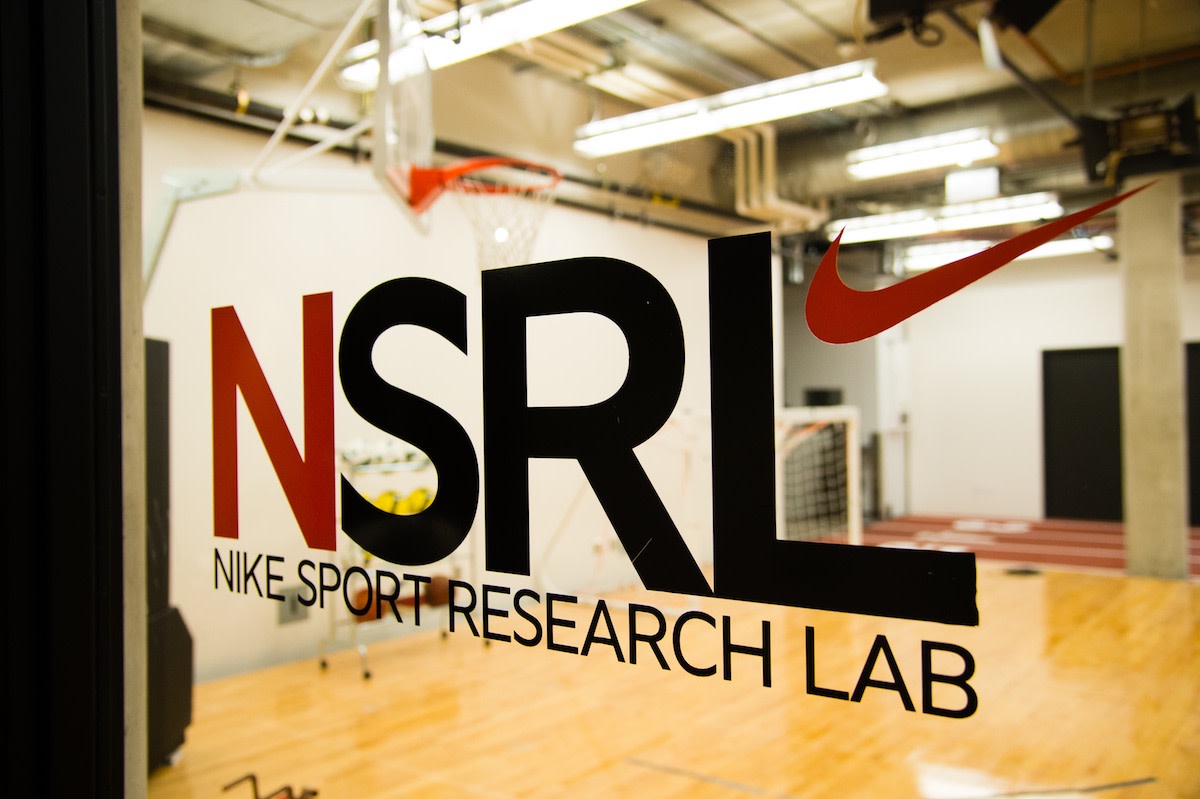
The NSRL is a team of 60 from widely diverse backgrounds: bio-mechanical researchers, computer scientists, behavioral experts, and data scientists. They work on a variety of projects, from the FuelBand and Nike Training Club app, to human endurance feats like Breaking2. The lab, says Kirby, aims to ignite imaginations. “We want people to question their perceived barriers, like how fast they can run,” he says.
Many of the top professional runners in the world opted out of Breaking2 due to concerns about new training strategies. “It’s always a risk to change your training, but all three bought in right away,” says Kirby. “We had to juggle opposing forces—trying new strategies versus staying consistent over a long time. We needed to be mindful about how we did that. We made modifications really slowly.”
As the behind-the-scenes liaison between Nike and the athletes, Kirby built the architecture of the project, balancing training regimens and course logistics with the grand show of the event. In the end, he was proud of how it worked out. “I was surprised at how close they came to the two-hour barrier and surprised at the appetite from the world,” he explains. “The only thing I wish we changed is to give others this kind of opportunity.”
If you’re looking to break running barriers, Kirby offered these lessons that every runner can employ.
Shoe Fit
“It’s quite important for a couple reasons, but maybe not what most would expect. Of course a good fit will reduce injuries and blisters, butt perceived fit is a hygge deal. Psychological fit is real. Runners that feel more secure and confident will run faster.”
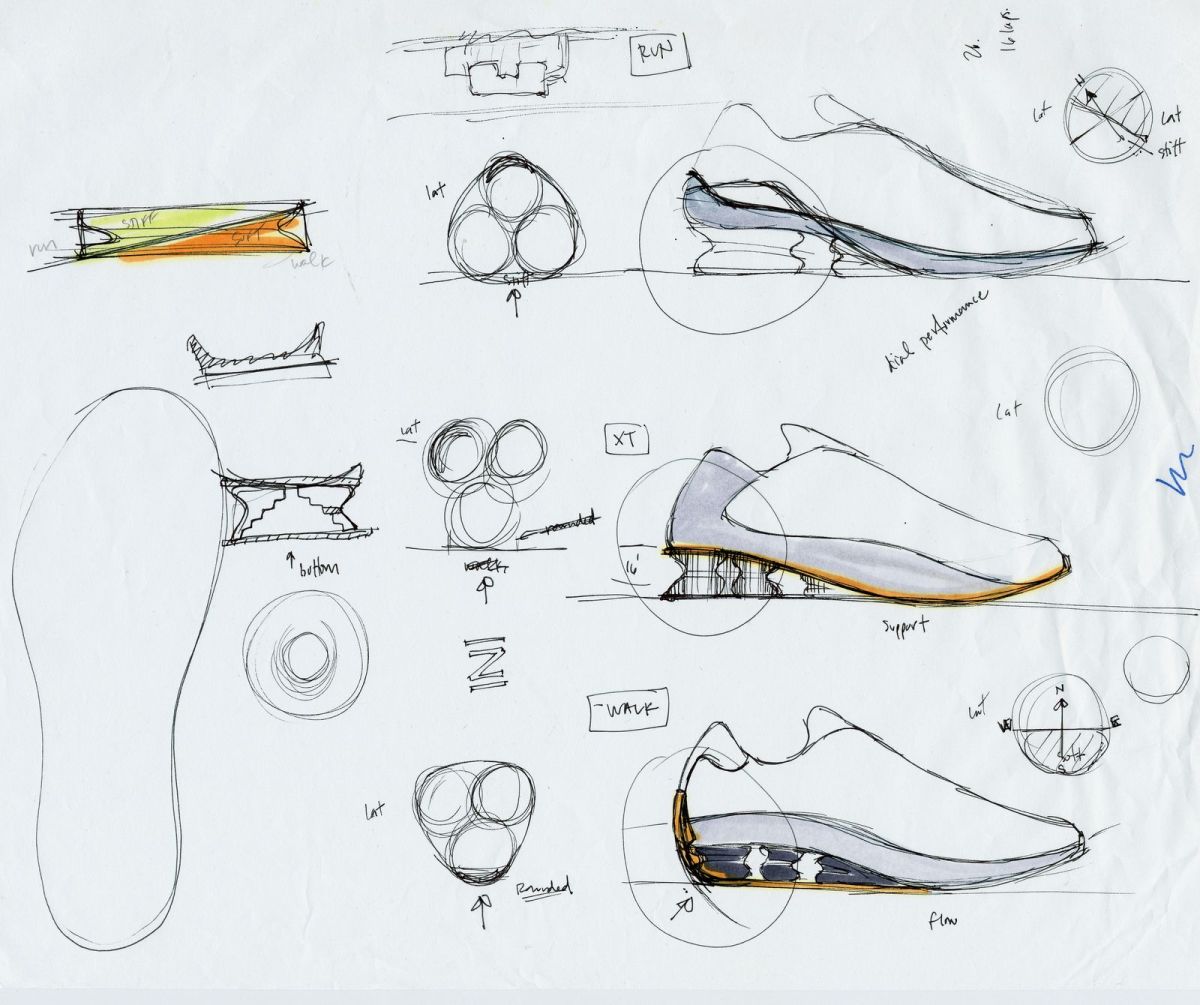
Hot and Cold Therapy
“This domain is starting to shift with some recently published literature. Historical information always leaned on ice baths but some new studies show that regular ice baths can actually decrease adaptation and slow your progression. There’s increasing evidence that heat during warm up and post exercise is more impactful.”
Diets
“There’s a strong consensus that the most important thing you can do is intake protein and carbs after exercise, especially if you went hard. This is true, but debating the exact amount of grams sometimes misses the point.
“The most important part is the timing. It needs to be right away. We learned this with our runners who are from different cultures and eat different foods. We focused much more on timing than the exact things they ate and it worked well.”
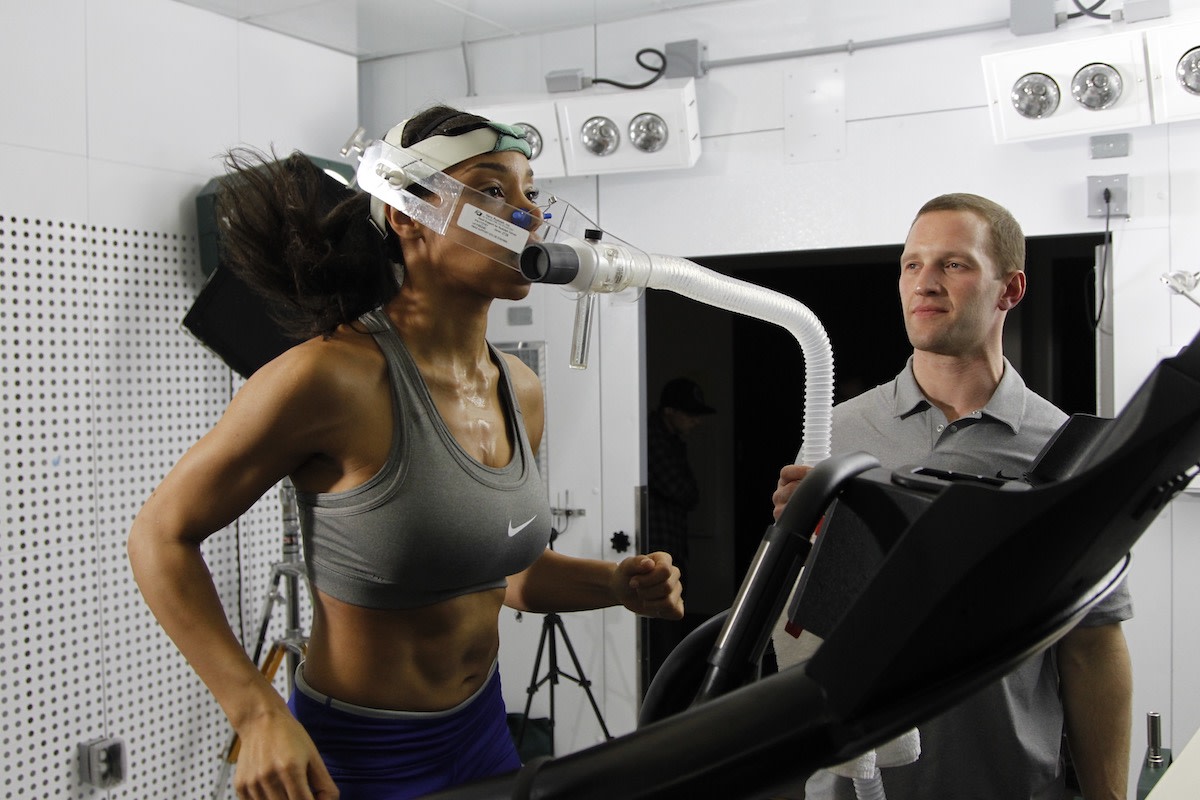
Load Management
“It’s truly different for everybody. What I will say is that you need to be consistently slow with introducing new things. It’s important to dream big but take your time to get there. This is true for the rate at which you take on and off the load.
“Often, the athletes knew better than we did when they needed an off day to let the body recover and we would always listen to that.”
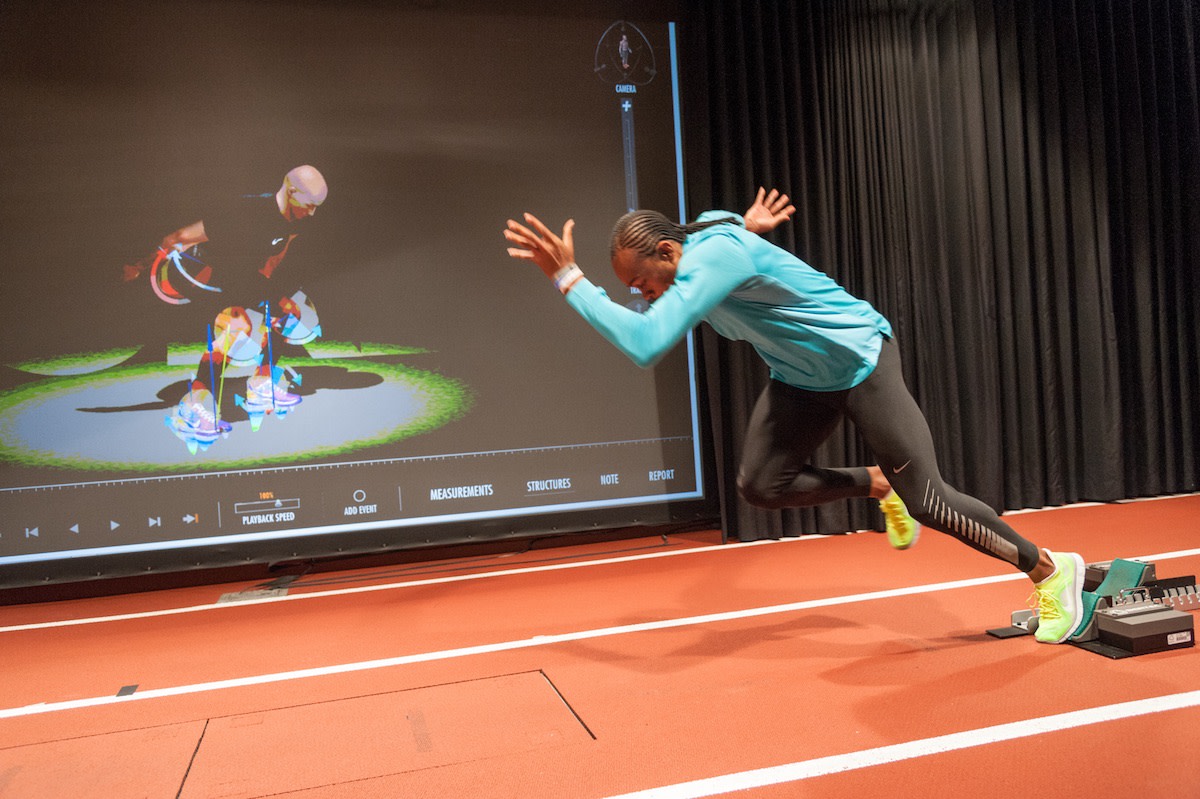
Cross Training
“We’ve seen some positive effects of crossing training, especially when it’s targeted. It can help build strength in areas not activated during running.
“For example, some biking or core exercises can work ‘sleepy’ muscles that aren’t often challenged during a workout run but later in a race we fall back on these muscles and they need to have supportive strength.”
Sleep
“As much as you can. It’s the single best way to recover and get stronger. Probably can’t emphasize this enough.”

Massage
“There is growing data on the benefits of massage and percussive therapy, but the most important thing is what an athlete feels is right for their body. What they like and what they perceive helps them.
“We have plenty of athletes that are against a lot of the literature and are still great. We’ve learned to balance what they care about with the fine print from all this research.”
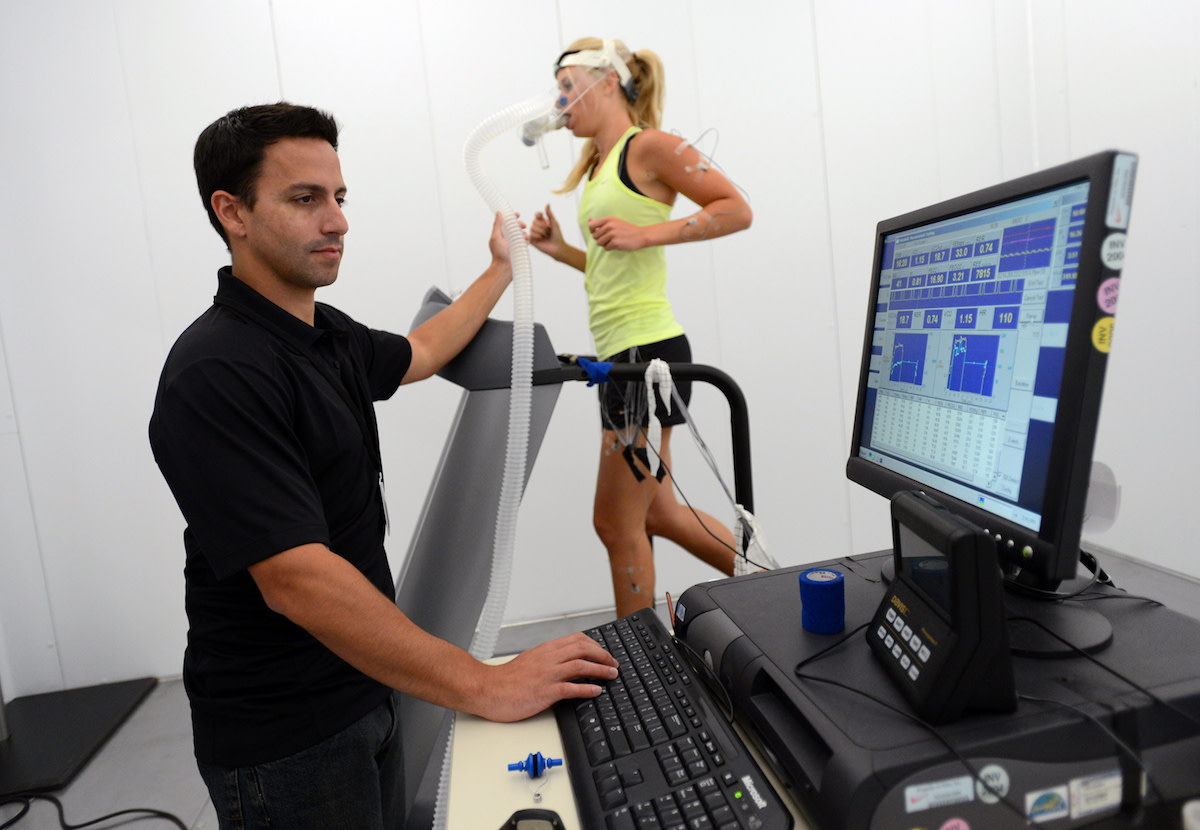
Stress
“There’s so much extra stress during COVID-19 and the trade-offs are big right now. It’s always a trade-off to make time for a workout and sometimes it’s better if you keep moving forward.
“If you miss a workout, don’t stress it. That can be more harmful than good.”
from Men's Journal https://ift.tt/2C1Gv6P
via IFTTT








0 comments:
Post a Comment